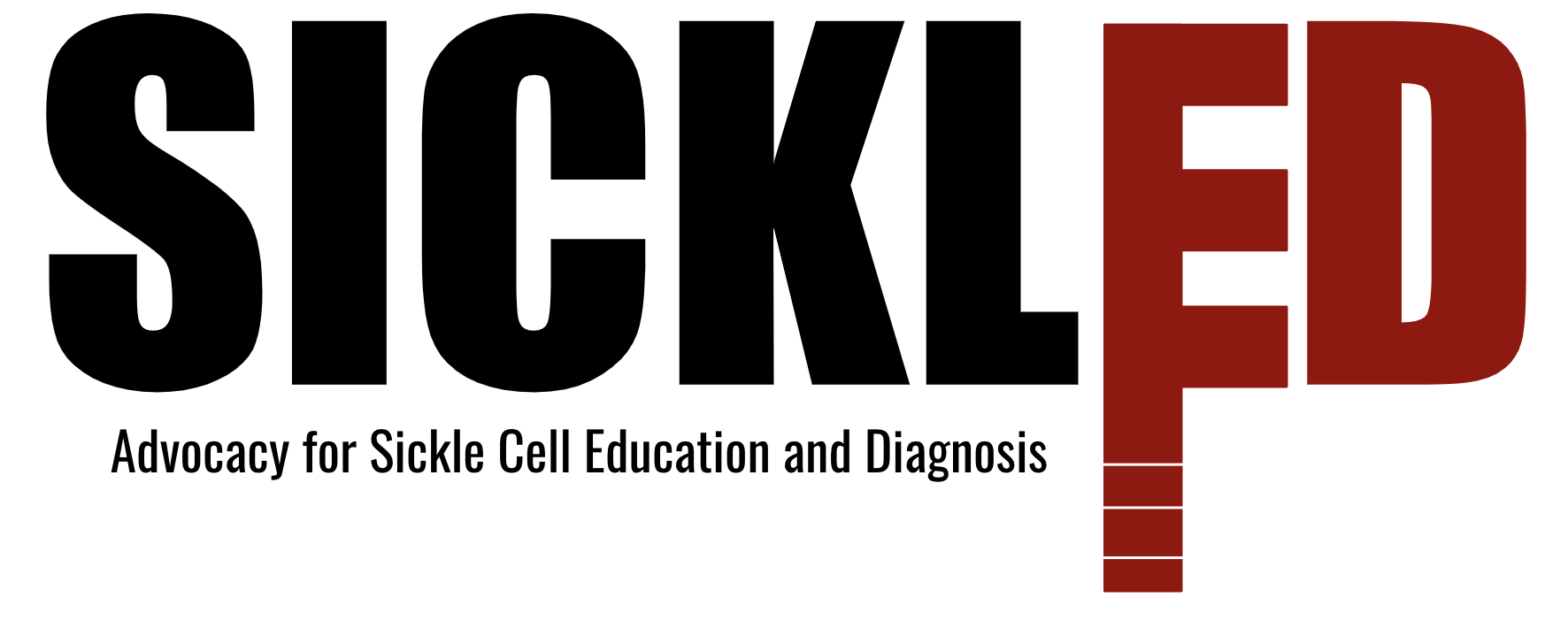The past few days we have been delving into articles, asking questions, and focusing our efforts on developing an end to end system that unifies advocacy groups, academic institutions, and health care clinics. As we have mentioned in previous blogs, our 5 point strategy focuses on policy, development of a continuing educational course for nurses and doctors, advocacy and educational efforts, and finally, implementation of the device. Today we started our day by presenting our system to our Professors. They provided useful feedback on each sector of our initiative and raised important questions that will help direct us as we move forward in developing the end to end system.
After our meeting, we took their feedback and continued working on each of our initiatives. As we were working, one of our classmates informed us that someone outside of World Hope was selling a yummy peanut snack. So, as a nice break to our work, we went and bought some peanut bars.

On the last day of our first full week, the team once again split up. As of the day before, the entire team had finally arrived with Professor Cheng checking in at Makambo. With all of our materials present, the team decided to split up in the morning. Jake, Nancy, Owen, and Amelie went to the World Hope Office to run a few of the first test strips ever brought to Sierra Leone. With resounding success, the test strips seemed to show strong control lines at a wide variety of running buffer volumes. Meanwhile, in their organization efforts towards gauging demand for informational materials, Addy and Nicole visited a PHU to conduct interviews and ask questions for the team. In talking with one of the assistant nurses, we confirmed our prior assumptions and got straight to work developing additional materials, including an eye-catching poster. Additionally, we partnered with the Mothers of Sierra Leone team in order to develop a high quality informational video to be incorporated in our prospective CME certified educational course for doctors and nurses.
With functioning test strips in-country, we are ready to start exploring new opportunities. Some of our older partners, such as SCCAN and Sickle Cell Society had expressed interest in seeing the test strips in action; although we have yet to test a blood sample here in Sierra Leone, we want to at least demonstrate the capillary action and proof of concept. Having a prototype opens the doors for new collaborations, showing that SicklED is worth their salt. Tomorrow would be the day we went to Freetown to talk to some of our best partners in the push for sickle cell disease care.
